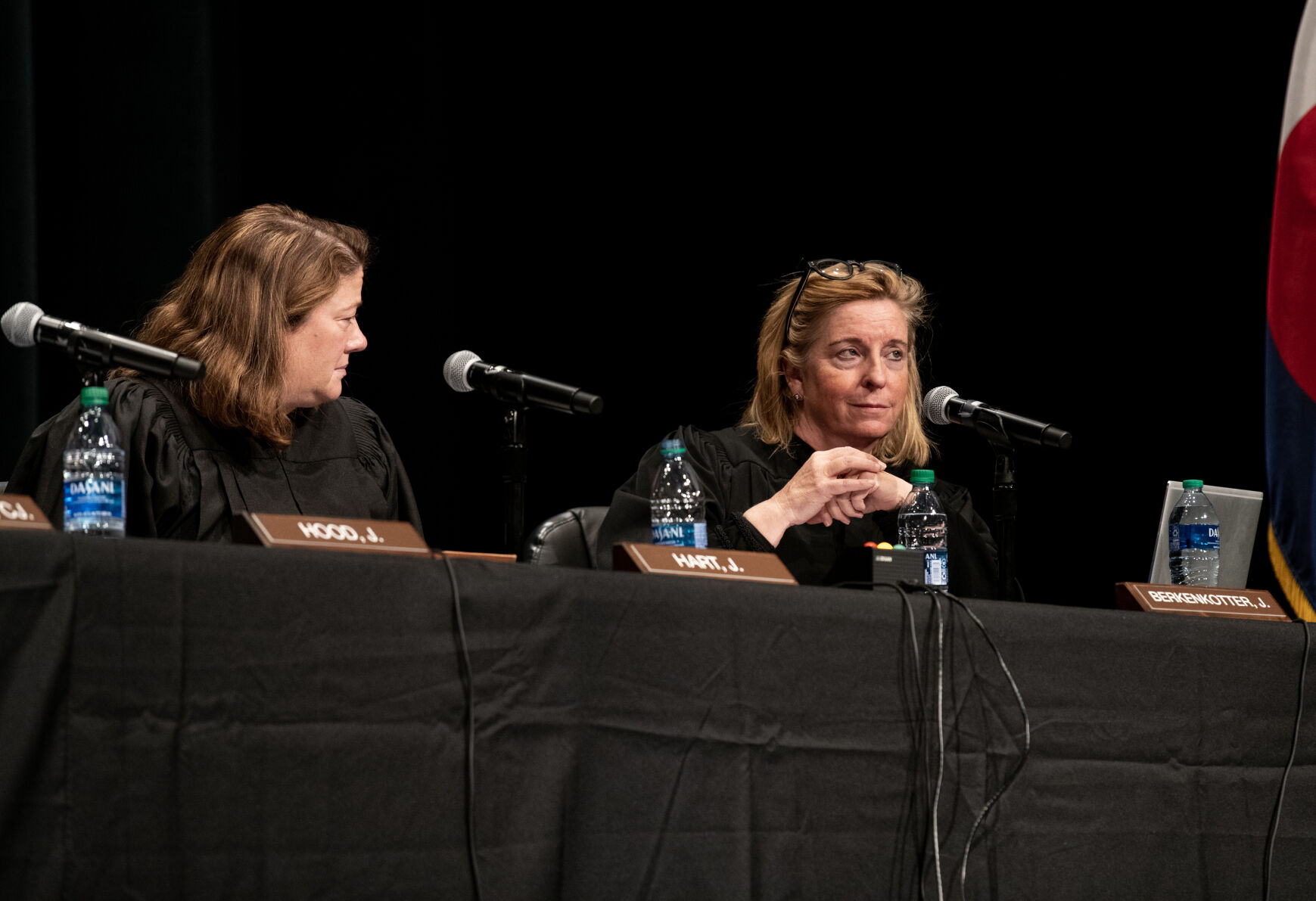State Supreme Court hands down business-friendly ruling in hospital liability case

The Colorado Supreme Court clarified on Monday that plaintiffs suing limited liability companies are constrained in where they may file lawsuits and ordered two medical negligence cases be transferred to Arapahoe County because that is where the plaintiffs’ injuries occurred.
The justices agreed to decide the proper venue for suing LLCs after two Boulder County judges reached opposite conclusions earlier this year. Even though Floyd Nelson and Charles McMichael sustained injuries at the same Littleton medical facility in Arapahoe County, they filed suit in Boulder. The defendant, Encompass PAHS Rehabilitation Hospital, LLC, moved in each case to transfer to Arapahoe County.
“There’s a concept of juries being able to make decisions on individuals who are part of their community. The community in Arapahoe County is a different community than Boulder County,” said John R. Rodman, the attorney who represented Encompass.
The Supreme Court agreed that the “residence” of Encompass’ LLC was Arapahoe County, and it did not matter where the two companies that made up the LLC resided.
“This is because the law considers a corporation a legal person that is entirely different from its individual shareholders,” wrote Justice Maria E. Berkenkotter in the Jan. 9 opinion.
An LLC is a business structure that shields its individual members from being personally liable for debts or other claims. Encompass’ LLC consists of two members: Encompass Health Littleton Holdings, LLC and Porter Care Adventist Health System. The former is based in Delaware, while the latter operates two facilities in Boulder County.
Earlier this year, two plaintiffs filed lawsuits against Encompass for negligence. Nelson, who is elderly, fell and injured himself in July 2021 while a patient at the Littleton facility. McMichael, who was a patient between April and May 2021, fell three times and ultimately died at age 78. His wife and daughter sued on his behalf.
Rodman, the attorney for Encompass, told Colorado Politics the plaintiffs likely filed suit in Boulder because jurors are more “liberal” than in Arapahoe County. The plaintiffs’ lawyer, Garry J. Rhoden, did not comment on Rodman’s interpretation.
In each case, Encompass moved to transfer the lawsuit to Arapahoe County. District Court Judge Patrick Butler, who handled the surviving McMichaels’ litigation, granted the request. He rejected the idea that Boulder County was an acceptable place to sue because Encompass Health Littleton Holdings was not a Colorado resident and could be sued anywhere, while Porter Care had operations in Boulder County.
“The Defendant is located in Arapahoe County, both Plaintiffs live in Arapahoe County, and the alleged (injury) took place in Arapahoe County,” he wrote. “Therefore, Boulder County does not meet the requirements to serve as proper venue.”
District Court Judge Andrew Hartman, presiding over Nelson’s case, went the opposite route and denied the LLC’s motion to change venue in a two-sentence order without elaboration.
The Supreme Court agreed to hear both appeals directly.
In favor of keeping the litigation in Boulder County, the parties argued that federal courts look to an LLC’s members to determine the place of “residence.” Encompass, meanwhile, labeled the plaintiffs’ actions as an attempt to “shop for the ‘most favorable venue’, a practice that is frowned upon.”
The Supreme Court concluded transferring the litigation to Arapahoe County was the correct decision because that is where Encompass resided. Based on the structure of state law governing LLCs, wrote Berkenkotter, “it strains common sense to look to the residences of an LLC’s members to determine its residence.”
Rodman said the court’s decision provides clarity about the framework for suing LLCs.
“It certainly helps business,” he said. “But do I think it’s negative for the public? I do not. Both of these plaintiffs are able to bring lawsuits in the area where they live and where the alleged (injury) occurred.”
The Supreme Court weighed in on an additional issue in the McMichael case, finding the trial judge appropriately rescinded a default judgment against the hospital because its attorneys failed to respond to the complaint in time due to a clerical mistake.
The cases are Nelson v. Encompass PAHS Rehabilitation Hospital, LLC and McMichael et al. v. Encompass PAHS Rehabilitation Hospital, LLC.














